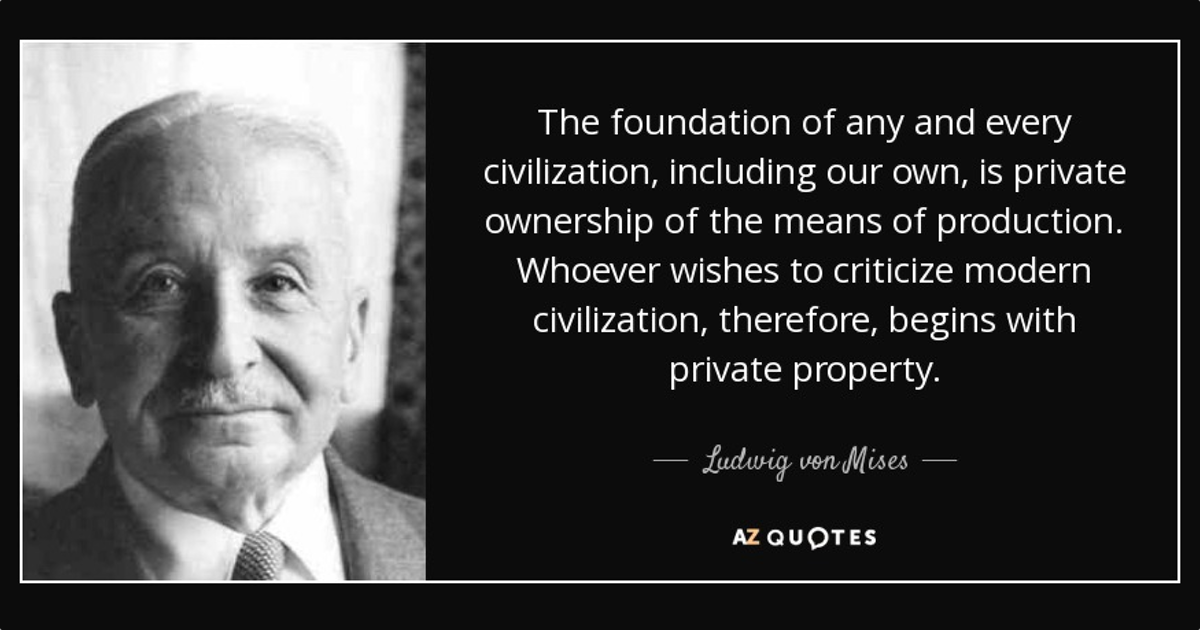|
By Jeff Deist
Civility is the word of the moment. New stories lament the breakdown of civility in American society, while reports of Antifa street violence in cities like Portland raise uncomfortable memories for older Americans of 1960s riots. Editorial after editorial decries the loss of social cohesion and friendliness across the country, even within families. Pundits and politicians insist we must restore civility in politics. Otherwise we face a bleak and intensifying cold civil war: progressive vs. conservative, urban vs. rural, #metoo vs. Brett Kavanaugh, elites vs. populists, and Never Trumpers vs. Deplorables. Yet how do they propose to accomplish this? More politics, more elections, and more top-down edicts from Congress and the Supreme Court. Hillary Clinton, for instance, suggests civility will be restored only following successful midterm elections that places Democrats in control of Congress. And why not? The political world is all she knows, and the political world yields winners and losers, victors and vanquished. In her utterly politicized worldview, things will settle down only when the right people—her people—control US politics. Hers is a zero-sum world, always ruled by the political gang in power. We hardly should expect an America so wracked by politics to remain civil. But Ludwig von Mises understood a different world, one organized around property and trade rather than the state. To him, private property was the basis of any civilized society. Without that foundation, without property and a concomitant system of mutual exchange, he knew humans were destined to devolve into poverty, war, and anti-intellectual savagery. Property gives us prosperity, and therefore material abundance to live civilized lives beyond mere the subsistence that marked most of human history. Property rights give us the ability to accumulate capital, to invest in higher productivity, and to have a greater degree of certainty regarding the future. Civility cannot be sheared from the broader concept of civilization itself. Both words share the same Latin root civilis, which means relating to citizenship or public life. But it also means relating to others with courtesy, manners, and affability. If civilization is the sum total of a society and its culture, civility—or the lack thereof—is its building block, the positive or negative social traits exhibited by people in that society. Lew Rockwell, our Founder and Chairman, has a long career fighting for both civilization and civility. Along the way he met some of the brightest lights of our time or any time: Neil McCaffrey, Henry Hazlitt, Leonard Read, Percy and Bettina Greaves, Ayn Rand, Ludwig and Margit Mises, Ron and Carol Paul, and Murray and Joey Rothbard among them. So I'm sure you'll enjoy my recent interview with him. Read the rest at The Mises Institute. Comments are closed.
|
Archives
July 2024
|


 RSS Feed
RSS Feed



